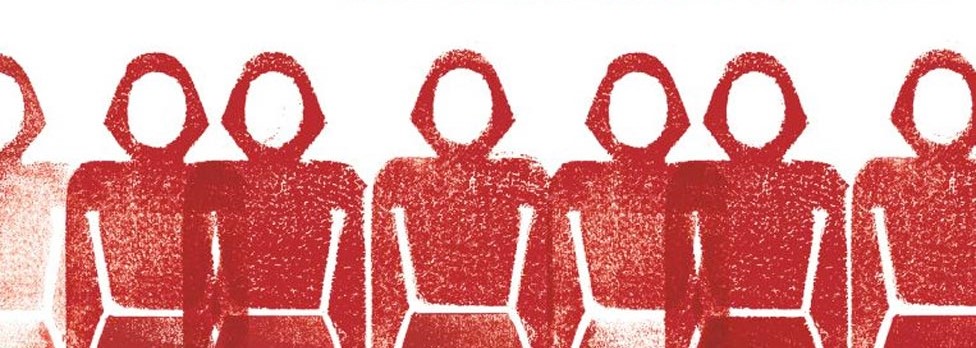The American Broadcast show PBS has decided to launch a summer reading challenge for its nation where it pits favourite books against each other to decide the very best. A novel notion, best-sellers and those deemed classics have been in the battle: Dan Brown’s Da Vinci Code, authors like Joseph Conrad, Charles Dickens and Fyodor Dostoevsky, and more contemporary books like Ken Follet’s incredible Pillars of the Earth and JK Rowling’s Harry Potter series.
Currently, at the top of the list is George Orwell’s 1984, but the second has yet to be determined and seems to be between Margaret Atwood’s The Handmaid’s Tale and E.L. James’s BDSM bestseller Fifty Shades of Grey. People enjoy a wide array of books, perhaps even both The Handmaid’s Tale and Fifty Shades of Grey, but on no level should the two be compared. One is a clever, poignant and insightful masterpiece that comments on institutionalised misogyny and the issues this foregrounds in society. The other is, to put it mildly, a pornographic bondage book and the most it inspired its readers to do was to masturbate publicly in the cinema theatres during its screening. It should be unfathomable to even consider comparing Atwood to James on any level, let alone deciding which is better. Atwood is a gift to the literary world and her representation of a dystopian future ruled by a totalitarian government is a superb reminder, especially when parallels can be seen around the world today over twenty years since it was published in 1985.
Here lies the fundamental, crucial issue that plagues the literary world: one smutty book about a virgin introduced into a rendition of BDSM by a problematic millionaire is on the same scale as a masterpiece because thousands of sex-deprived middle-aged women decided they wanted something a little more active. The narrative, the syntax and language are far superior in Atwood’s tale, and its message is one that will be continued to be remembered. Apparently, a novel’s entire worth is based solely on its profit margins and not its actual narrative. The discrepancy between the two is startling:
“Does this mean you’re going to make love to me tonight, Christian?” Holy shit. Did I just say that? His mouth drops open slightly, but he recovers quickly.
“No, Anastasia it doesn’t. Firstly, I don’t make love. I fuck… hard. Secondly, there’s a lot more paperwork to do, and thirdly, you don’t yet know what you’re in for. You could still run for the hills. Come, I want to show you my playroom.”
“Falling in love, we said; I fell for him. We were falling women. We believed in it, this downward motion: so lovely, like flying, and yet at the same time so dire, so extreme, so unlikely. God is love, they once said, but we reversed that, and love, like heaven, was always just around the corner. The more difficult it was to love the particular man beside us, the more we believed in Love, abstract and total. We were waiting, always, for the incarnation. That word, made flesh.”
It’s quite frankly amazing that Atwood and James could on any level be compared, except to show how to write well and how not to. There is nothing wrong with enjoying James’s novels, but it is a mistake to believe that they hold any societal value except to evoke some sort of raunchy fantasy for its readers. Atwood’s novel is poetically and poignantly beautiful and its message will always set a standard that other authors can only attempt to mimic. If any novel is going to be raised to the echelons of a nation’s favourite book alongside Orwell’s 1984, it would be a disgrace to place Fifty Shades of Grey amongst the chosen few.
Stephanie Bennett
Image: Geecologist

